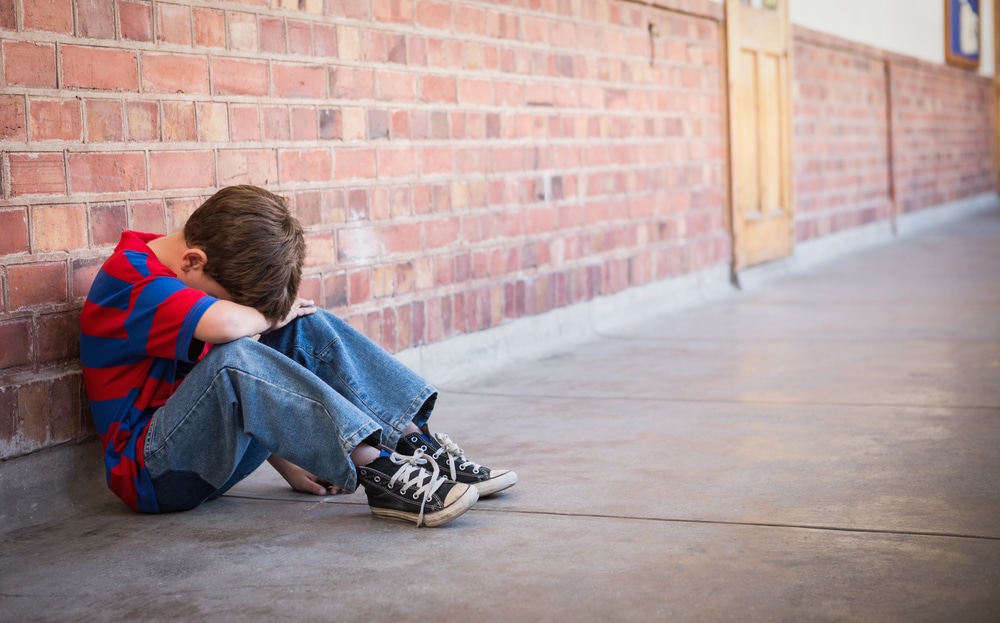Children are much better at adapting than we give them credit for. While divorce is never easy, for parents or for kids, it may be the better choice for everyone involved—and even if your kids can’t see it right now, they are totally capable of making the adjustment. How can you help them make the transition into their new life post-divorce? Consider these simple, straightforward tips.
1) Explain the divorce in simple terms.
Whether there was a single event that triggered your divorce or a host of complicated factors leading up to it, your kids only need to understand the basic truth: you and your spouse can’t get along anymore, and you’ve decided that it’s best for the whole family to start living separately. Help your kids understand that while the split will be difficult, it will be better for everyone in the long run. You may want to provide more information to your older children, but don’t get into the nitty-gritty details unless necessary.
2) Avoid blaming your ex-spouse.
At any point during the divorce, you should avoid playing the blame game at all costs. Your children don’t need to feel as though they’re being pitted against your ex-spouse or caught in the middle of your conflict. Also keep in mind that fighting in front of your kids is just as bad during marriage as it is after the fact.
3) Let them know what to expect.
Because divorce is new territory for your children, they may have a difficult time picturing the post-divorce future. Let your kids know what they can expect going forward. For example, explain how your custody or visitation schedule will work in simple terms. Who will they spend weekdays, weekends, and holidays with? When your kids know they can still look forward to spending time with both of you, they’ll be better equipped to move forward.
4) Have an open-door policy.
Your initial conversation about the divorce likely won’t be enough for your children. Let them know they can always come to you if they have questions or worries, or if they just want to vent their feelings. It’s important to encourage and acknowledge your kids’ feelings so they feel comfortable discussing them with you or your ex.
5) Establish a solid routine.
Children tend to thrive with a reliable routine, especially younger children. Since divorce will probably feel like a disruption of their usual status quo, a proper routine can help them feel more settled. Let them know well in advance if anything will change—before your ex-partner moves out, for example, or before you make changes to the visitation schedule.
6) Work with a professional.
Divorcing parents can really benefit from the support of a family therapist or parenting expert. They can help you deal with your own feelings while guiding you through any tough situations that may come up. You might also let your kids visit a therapist on their own, where they can express their emotions without worrying about what their parents will say or think.
With a forward-thinking approach and a positive attitude, you can absolutely make the divorce process easier for your children. You can even reduce tension by taking a more cooperative approach to divorce, like mediation or collaborative divorce. Contact the experienced family lawyers at Easterling Law to discuss your options. We will make sure your kids’ best interests are protected while providing you with advantageous legal solutions.

